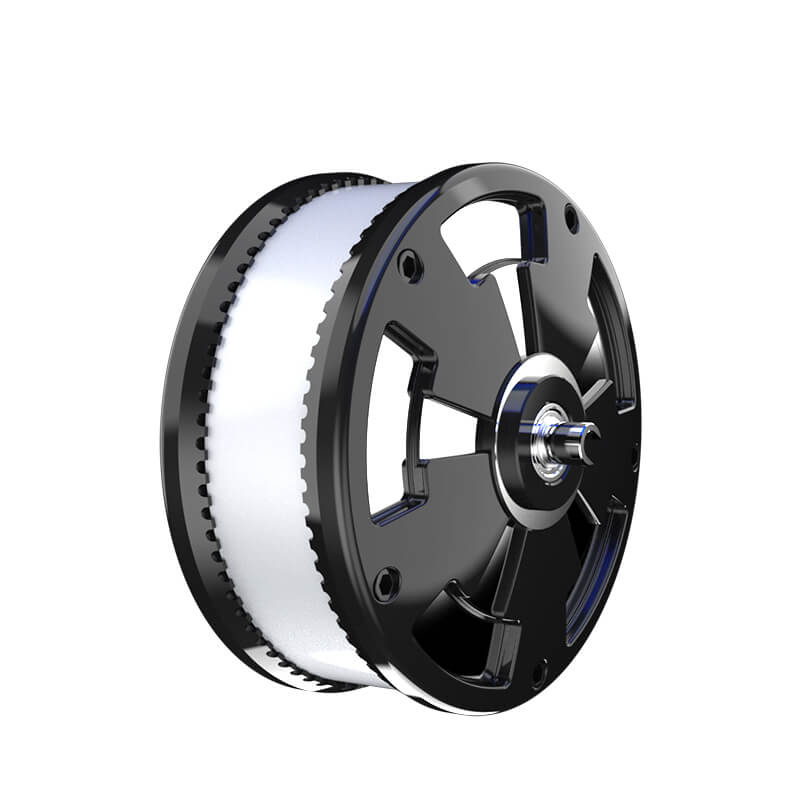part 1:
In the landscape of modern engineering and automation, servo motors have emerged as quintessential components that fuel the precision, efficiency, and flexibility of countless machines and systems. Whether it's a robotic arm assembling delicate electronics or an automated conveyor belt streamlining factory operations, servo motors are the silent workhorses that make it happen. Traditionally, high-performance servo motors commanded a hefty price tag, often limiting their use to well-funded projects or high-end industrial settings. However, recent innovations have democratized access to servo technology through the advent of low cost servo motors.

The Rise of Low Cost Servo Motors
The quest for affordability without sacrificing performance has driven manufacturers worldwide to develop cost-effective servo motor solutions. These models leverage advances in materials, manufacturing processes, and electronic control systems to deliver dependable performance at a fraction of the usual cost. The emergence of low cost servo motors is especially significant for small-to-medium enterprises (SMEs), startups, educational institutions, and hobbyists eager to incorporate automation and robotics into their projects without breaking the bank.
But what precisely makes a servo motor "low cost"? In essence, these motors are designed to balance affordability with a functional level of performance suitable for a wide array of applications. While they may not match the high-torque, ultra-fast specs of top-tier industrial servo motors, they often offer enough power, precision, and reliability for many everyday tasks.
Key Features of Low Cost Servo Motors
One of the core attractions of low cost servo motors is their simplicity. Many are built with integrated control electronics, making them plug-and-play options for developers. This integration reduces the need for complex external controllers, thereby lowering overall system costs. Additionally, you’ll find similarly straightforward interfaces, such as PWM (Pulse Width Modulation) signals or simple serial communication, that make firmware integration manageable even for newcomers.
Furthermore, these servo motors often boast a compact design, fitting into tight spaces where larger, traditional motors might not. The materials used in manufacturing are carefully selected to keep costs down — common plastics and lightweight metals rather than costly alloys — but without sacrificing durability or basic functionality.
Another aspect worth mentioning is the availability of a wide range of torque options. Whether you need a tiny servo for controlling a camera tilt or a more robust model for moving heavier loads, low cost servo motors come in various sizes and capabilities. This variety ensures that users can find a suitable model for their specific needs, making low-cost options versatile tools in automation.
Applications Across Diverse Sectors
The versatility of low cost servo motors extends into numerous industries. In robotics, for example, they serve as critical actuators for joint movement, enabling robots to perform precise and complex tasks like pick-and-place operations, sculpting, or even humanoid motions. In educational settings, they are invaluable for students learning about control systems, providing hands-on experience without the need for expensive components.
In the field of home automation, low cost servo motors power things like adjustable blinds, camera panning systems, or interactive art installations. Even in small-scale manufacturing, such as 3D printing or CNC machining, affordable servos facilitate accurate positioning and movement.
The Benefits Beyond Cost
While affordability is a significant motivator for choosing low cost servo motors, the advantages don’t end there. Many models are highly energy-efficient, reducing power consumption and operational costs over time. They are also designed for ease of installation and maintenance, which translates into less downtime and lower total ownership costs.
Moreover, the proliferation of these servo motors fosters innovation. Entrepreneurs and hobbyists alike can experiment with new ideas or prototype products without the intimidation of high expenses. This democratization accelerates technological progress and broadens the scope of what can be achieved with motion control at every scale.
Addressing Common Concerns
Of course, opting for low cost servo motors does raise some questions: Are they reliable? Do they offer enough precision? Can they endure demanding environments? The good news is that many manufacturers are refining these models continuously. While they might not possess the same level of ruggedness or speed as premium options, they generally provide sufficient durability and performance for typical applications.
To ensure reliability, users should look for key specifications such as rated torque, feedback mechanisms (like potentiometers or encoders), and build quality. Proper matching of servo motor specs to your project’s requirements is vital. Additionally, selecting reputable brands that offer warranties and customer support can mitigate risks associated with cheap components.
Looking Ahead: The Future of Affordable Motion Control
As digital manufacturing, artificial intelligence, and IoT (Internet of Things) continue to advance, the demand for affordable, reliable motion solutions will only grow. Manufacturers are investing in smarter, more efficient low cost servo motors that incorporate features like integrated sensors, wireless communication, and adaptive control algorithms.
In tandem, the ecosystem surrounding these motors—such as controllers, power supplies, and development tools—is evolving to make the entire system more accessible. Open-source platforms and community-driven projects are helping users learn and innovate at lower costs.
Kpower has delivered professional drive system solutions to over 500 enterprise clients globally with products covering various fields such as Smart Home Systems, Automatic Electronics, Robotics, Precision Agriculture, Drones, and Industrial Automation.




































